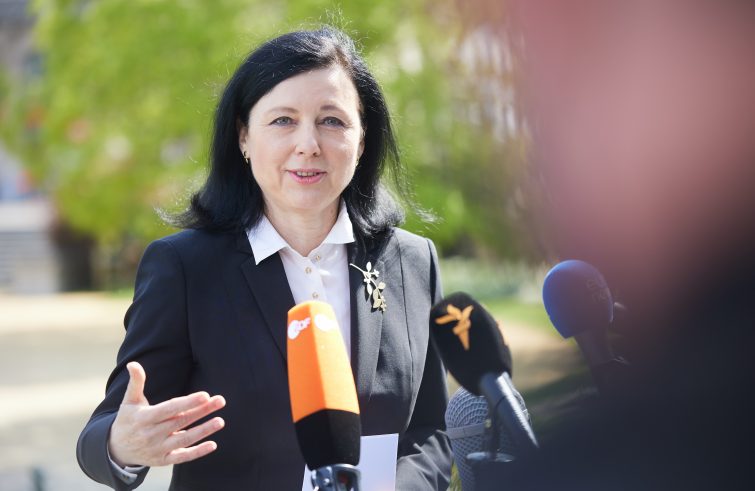
“We have seen a spate of disinformation emanating from outside Europe, as well as from within our borders, targeting the EU often for economic, political reasons or propaganda from Russia and China”, the Vice-President for Values and Transparency Vera Jourova told SIR, highlighting the wave of misinformation and interference by other countries in EU politics and elections.
“We are contemplating imposing sanctions on foreign interference,” she said. “Fake news is a strong weapon in the hands of people whose aim is to spread propaganda or meet political objectives. Protecting citizens from disinformation also means protecting the EU,” the Commissioner remarked.
Holding big tech accountable. In the fight against disinformation, she said, making big tech accountable is equally important. “The cooperation of online platforms is crucial to understanding where the fake news is coming from.
Disinformation campaigns typically surge ahead of elections.
 “I am quite sure that the results of several rounds of elections in Europe have been influenced by external disinformation campaigns,” said Commissioner Jourova. But while fake news normally targets immigration, minorities and the environment, in the past year the EU’s EUvsDisinfo task force to counter misinformation has found that fake news surrounded even the coronavirus epidemic. In fact, in the first stages of the pandemic, pro-Kremlin websites featured a flood of recurrent news stories in different languages claiming that “the coronavirus was created in US labs” or that “Europe is unable to respond to the pandemic.” When the first aids were delivered from non-EU countries, there were attempts to extol the efforts of China and Russia, frequently portrayed as being ”the only ones to help Italy, abandoned by Europe.”
“I am quite sure that the results of several rounds of elections in Europe have been influenced by external disinformation campaigns,” said Commissioner Jourova. But while fake news normally targets immigration, minorities and the environment, in the past year the EU’s EUvsDisinfo task force to counter misinformation has found that fake news surrounded even the coronavirus epidemic. In fact, in the first stages of the pandemic, pro-Kremlin websites featured a flood of recurrent news stories in different languages claiming that “the coronavirus was created in US labs” or that “Europe is unable to respond to the pandemic.” When the first aids were delivered from non-EU countries, there were attempts to extol the efforts of China and Russia, frequently portrayed as being ”the only ones to help Italy, abandoned by Europe.”
An underground war. Over the last few months, the focus of disinformation was on celebrating the Russian Sputnik vaccine as the “best, the only effective” vaccine, as opposed to vaccines produced or distributed in Europe. “COVID-19 has been instrumentally exploited to attack all countries simultaneously with massive fake news campaigns”, she added.
But Russian websites in central and eastern European countries are also consistently trying to revive post-communist and nostalgic feelings about the Soviet Union,
claiming that everything the EU does “is wrong and runs counter to the good of the citizens.” Data collected by the EUvsDisinfo task force against disinformation, shows that pro-Kremlin websites have compiled a list of countries hostile to Russia, identified as “enemies of Russia.” The list is constantly being updated and is subject to change depending on the subject matter of the fake news. Targeted countries include Poland, the USA, the Baltic States, the Czech Republic and Ukraine.
“Making money on lies is immoral.” According to the EU Commissioner, not only those who fabricate the fake news but also those who act as their mouthpiece are to blame. “We understand that fake news can generate a lot of web traffic, it attracts readers’ attention and thus attracts advertising money, but making money on lies is immoral,” stated Commissioner Jourova. In her view, web giants “need to understand that it is also in their best interest to protect their own reputation or improve it”, she added, “they should not be seen as spreaders of fake news and illegal content. In fact, in the long run, it could damage their business.” A critical aspect of the fight against misinformation, according to Jourova, is to cut funding to the disseminators of fake news.
“This is why we are not only working with digital platforms but also with large advertising companies. We want them to refrain from advertising their products on websites that are flooded with fake news.”
“Whoever thinks that the Commission is presenting a proposal that could facilitate the spread of disinformation is making a big mistake”, she added. The Commissioner renewed her appeal to the various stakeholders: “Our goal is to counteract the most harmful fake news, intentionally fabricated in a coordinated way. Our target is disinformation with clear goals. This requires working together with big tech, civil society, researchers and democratic governments.
A plan and a Code. The European Union adopted a plan against disinformation two years ago and created a Code of Practice on Disinformation for online platforms. So far, “signatories of the Code include Facebook, Google, YouTube, Twitter, TikTok and Microsoft, all of which are undertaking and sharing efforts with the EU against fake news.” Moreover, the EU Commission presented a proposal for a Digital Services Act past December, currently being discussed at the EU Parliament:
measures include making the Code of Practice on Disinformation mandatory.
“I appreciate the good work done so far by online platforms, but improved data-sharing with researchers and fact checkers is needed to boost effectiveness,” the Commissioner said. The Commission is actively promoting training and digital literacy in schools to empower young people to identify fake news. Unfortunately, the Commissioner pointed out, the phenomenon of disinformation has a huge impact on European citizens. “I come from Czechoslovakia, from a regime: my father – she explained – told me not to believe everything I read. Yet many people tend to believe all the conspiracy theories they read about. We have to train citizens to identify them.”









